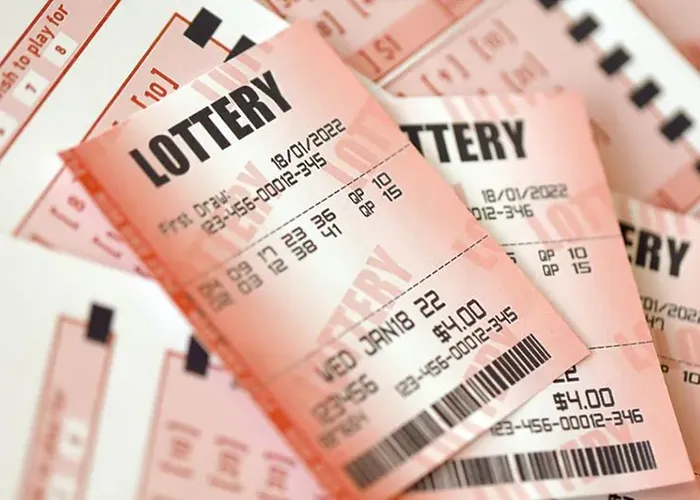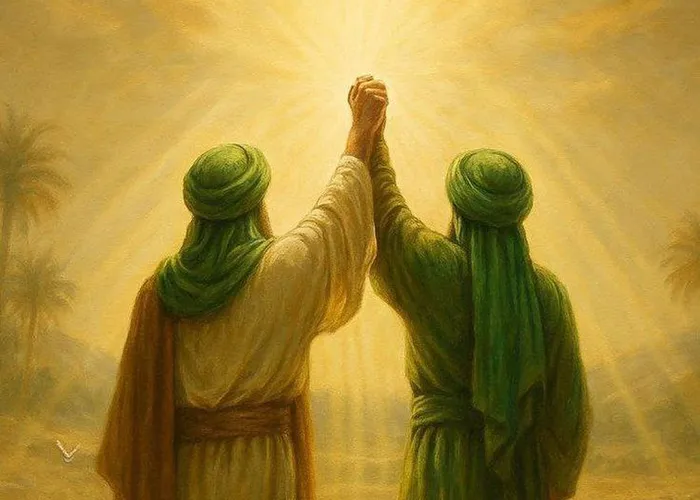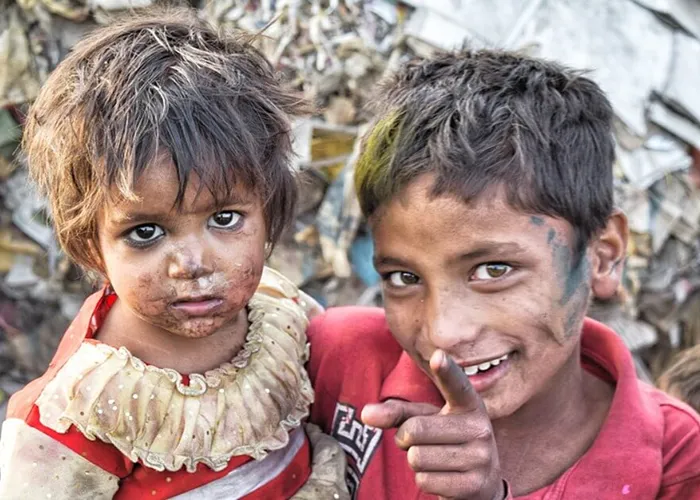religious-inquiries – Friday Bulletin Issue12
Imam Khamenei
Lottery
Q1. What is the ruling in the matter of selling and buying lottery tickets? And what is the view if any prize is won in the process?
A: Buying and selling lottery tickets are, by obligatory precaution, ḥarām. It does not belong to the person winning the prize, nor is he allowed to receive it.
Q2. What is the ruling of buying tickets in the name of ‘social welfare gifts’ which are distributed among people?
A: There is no shar‘ī objection to publishing and distributing tickets for collecting people’s contributions and using them in charity and encouraging the contributors through stipulation of drawing lots. Also, paying for such tickets with the intention of participating in charitable matters is no problem.
Q3. A person offered his car for sale by way of lottery. It works like this: Those willing to take part in the draw buy the ticket for a certain amount. After the specified period is up and the target money achieved, the draw takes place. The holder of the winning ticket would own the car. Is this way of giving the car through drawing a lot permissible in the Islamic law?
A: Buying and selling those tickets are, by obligatory precaution, ḥarām. The prize (car) does not belong to the person winning the prize; rather, for its ownership, the car’s owner should transfer its ownership to him through a valid shar‘ī contract, like selling, presenting, or ṣulḥ.
Ayatollah Sistani
Lottery
Q 1: I work at an exchange office, but they also make me sell lottery. Is it permitted to sell lottery in this case?
A: Buying and selling lottery tickets are not permissible. Yes, it is permissible to take part in a lottery with the intention to contribute in a charitable project such as building a mosque or a bridge not with the intention of earning a profit or a prize.
Ayatollah Makrim Shirazi
Transactions in the following instances are invalid.
- Selling and purchase of a source of Najaasah (Aynun-Najaasah). Intended by Najaasah is whatever is inherently Najis (impure), according to obligatory precaution (like urine, stool and blood). Based on this, the selling and buying of fertilizer is objectionable. However, there is nothing preventing benefiting from it. As for the sale of blood and purchase of blood in our times, which is used to save the injured and sick, then, it is permissible. Likewise, is the sale of guard dogs and hunting dogs.
- The sale and purchase of usurped things except when its owner has endorsed the transaction.
- The sale and purchase of things that have unlawful advantage like the instruments of gambling and similar examples.
- The sale and purchase of something that has no value in the common perception although it may possess a value with specific individuals, like many insects.
- Transactions in which there is interest (Ribaa).
- The sale and purchase of counterfeited and adulterated commodities when the purchaser is unaware of its state, like selling milk mixed with water or oil mixed with fat or something else. This action is called cheating (Ghashsh) and it is a major sin.
It has been reported that the Messenger of Allah, Blessings be upon him and his family said: “He who cheats a Muslim or harms him or deceives him is not from us.”
editor's pick
news via inbox
Subscribe to the newsletter.




